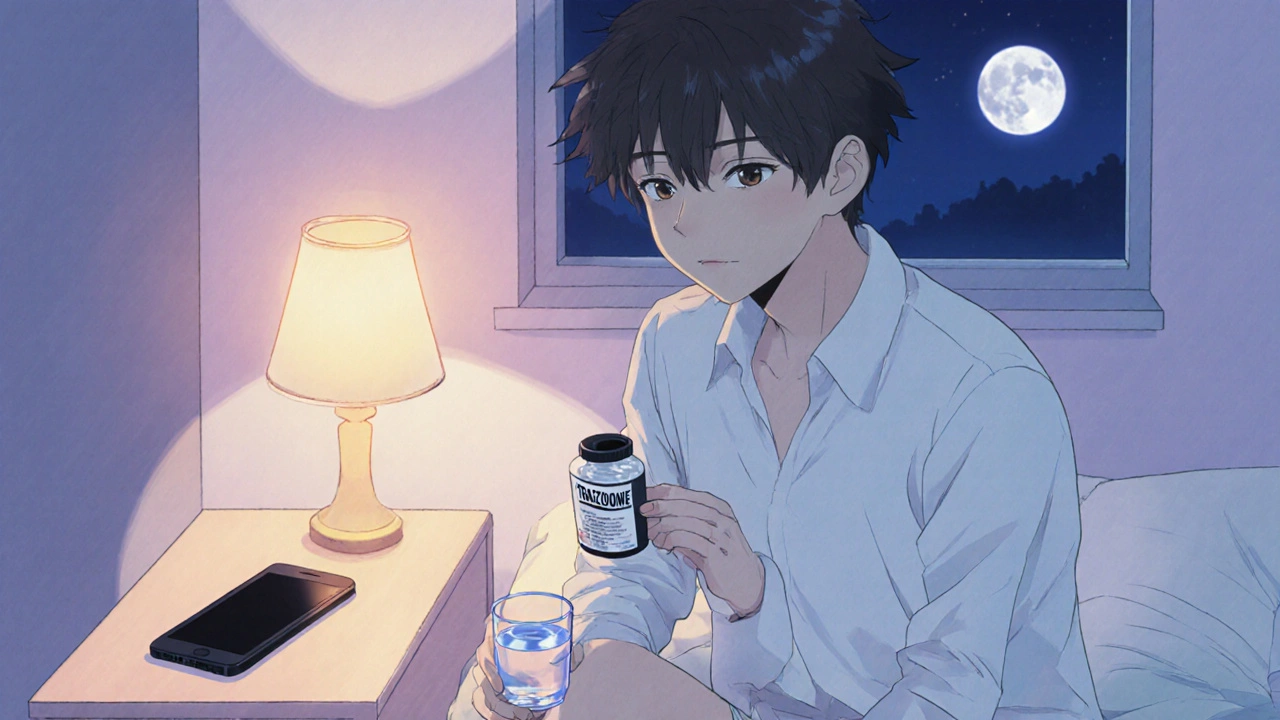Sleep Tips: Practical Ways to Improve Your Nighttime Rest
When you can’t sleep, it’s not just about being tired—it’s your whole day, mood, and health that suffer. sleep tips, practical habits and routines that support natural, restful sleep. Also known as sleep hygiene, these aren’t just suggestions—they’re science-backed actions that reset your body’s internal clock, or circadian rhythm, the 24-hour biological process that regulates when you feel awake or sleepy. When this rhythm gets thrown off by late screens, irregular bedtimes, or stress, your body doesn’t know when to wind down.
Most people think sleep problems are caused by anxiety or bad luck, but the real culprits are often simple: drinking coffee after 2 p.m., scrolling in bed, or not getting enough daylight in the morning. These habits quietly sabotage your ability to fall asleep—even if you feel exhausted. sleep disorders, conditions like insomnia, sleep apnea, or restless legs that disrupt rest are common, but many cases improve dramatically with consistent, daily routines. You don’t need expensive gadgets or pills. You need structure: a fixed bedtime, a cool dark room, and a wind-down ritual that tells your brain it’s time to shut off.
Some of the most effective sleep tips don’t even involve your bed. Getting outside for 15 minutes in the morning helps set your rhythm. Cutting out alcohol before bed isn’t about being strict—it’s because alcohol fragments sleep in the second half of the night. Even something as small as keeping your phone out of the bedroom cuts down on the mental chatter that keeps you awake. These aren’t one-time fixes. They’re daily choices that stack up over weeks, not days.
What you’ll find below isn’t a list of quick fixes. It’s a collection of real, tested advice from people who’ve been stuck in the same loop—waking up tired, counting sheep, wondering why they can’t just sleep. These posts break down what actually works: how certain herbs interact with sleep hormones, why some medications make insomnia worse, how yoga and mindfulness help quiet a racing mind, and what to do when nothing else seems to help. No fluff. No promises of 8 hours in 5 minutes. Just clear, practical steps you can start tonight.

Trazodone and Sleep Hygiene: Proven Tips for Better Rest
Learn how to combine trazodone with proven sleep hygiene habits to improve insomnia, reduce side‑effects, and achieve consistent, restorative rest.
